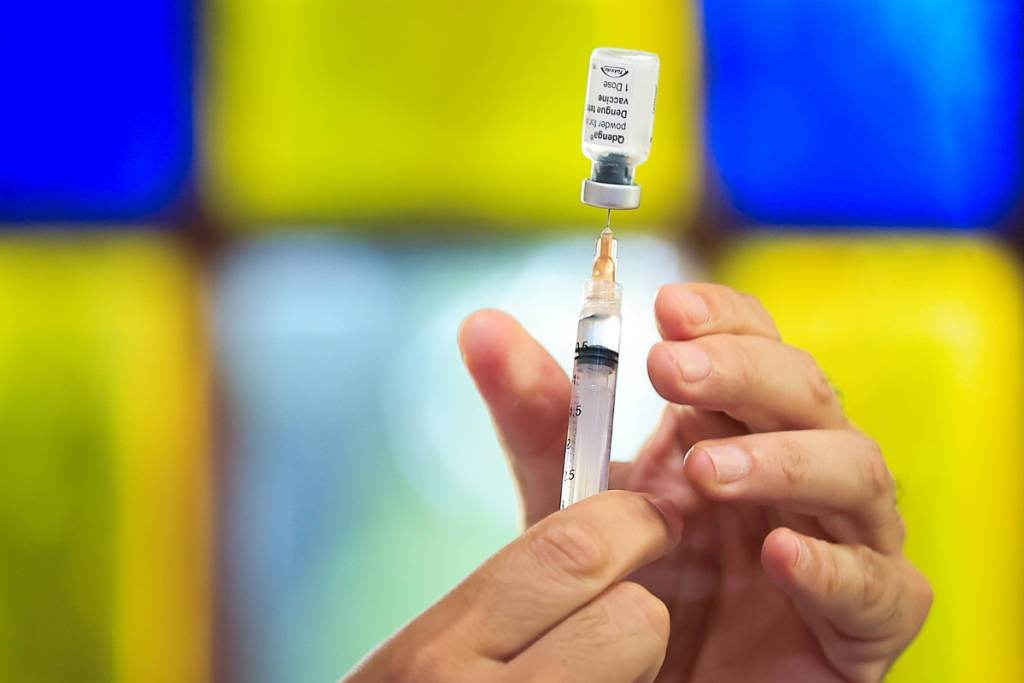
Good news for those with a needle phobia: scientists have invented a vaccine “cream” that rubs into your skin. According to research, this alternative method could trigger the same immune response as a normal shot.
During a study published in Nature, a team of researchers added Staphylococcus epidermidis—which is naturally occurring on human skin—to the skin of laboratory mice and noticed their immune systems were triggered by the new bacteria. After further analysis of the rodents’ blood, they realized the mice developed antibodies that bound to S. epidermidis
“It’s as if the mice had been vaccinated,” said Dr Michael Fischbach of Stanford University, who led the research. “Their antibody response was just as strong and specific as if it had been reacting to a pathogen.”
Similar results were found in humans, too.
“We got blood from human donors and found that their circulating levels of antibodies directed at S. epidermidis were as high as anything we get routinely vaccinated against,” Fischbach said.
The study discovered that an accumulation-associated protein (Aap) found on the surface of S. epidermidis bacteria helps to trigger an immune response.
“They think it might expose some of its outermost chunks to sentinel cells of the immune system that periodically crawl through the skin, sample hair follicles, snatch snippets of whatever is flapping in Aap’s ‘foliage,’ and spirit them back inside to show to other immune cells responsible for cooking up an appropriate antibody response aiming at that item,” Stanford Medicine reported.
Scientists tested this idea by producing a topical vaccine to protect mice against tetanus. They then noticed that mice swabbed with bioengineered S. epidermidis developed high levels of antibodies against the toxin and remained asymptomatic when injected with lethal doses of the tetanus toxin.
Because humans already have S. epidermidis living on our skin, these findings suggest that scientists could develop vaccines administered as creams rather than injections.
“We all hate needles—everybody does,” said Fischbach. “I haven’t found a single person who doesn’t like the idea that it’s possible to replace a shot with a cream.”
Via topical application of certain bacteria and bugs, health experts might be able to induce an immune response that generates antibodies against different pathogens.
“We know it works in mice,” Fischbach said. “Next, we need to show it works in monkeys. That’s what we’re going to do.”
“We think this will work for viruses, bacteria, fungi, and one-celled parasites,” he added.
What’s more? “Most vaccines have ingredients that stimulate an inflammatory response and make you feel a little sick,” Fischbach said. “These bugs don’t do that. We expect that you wouldn’t experience any inflammation at all.”
If all goes well, we might expect to see this enter clinical trials in the next few years. Fingers crossed!


